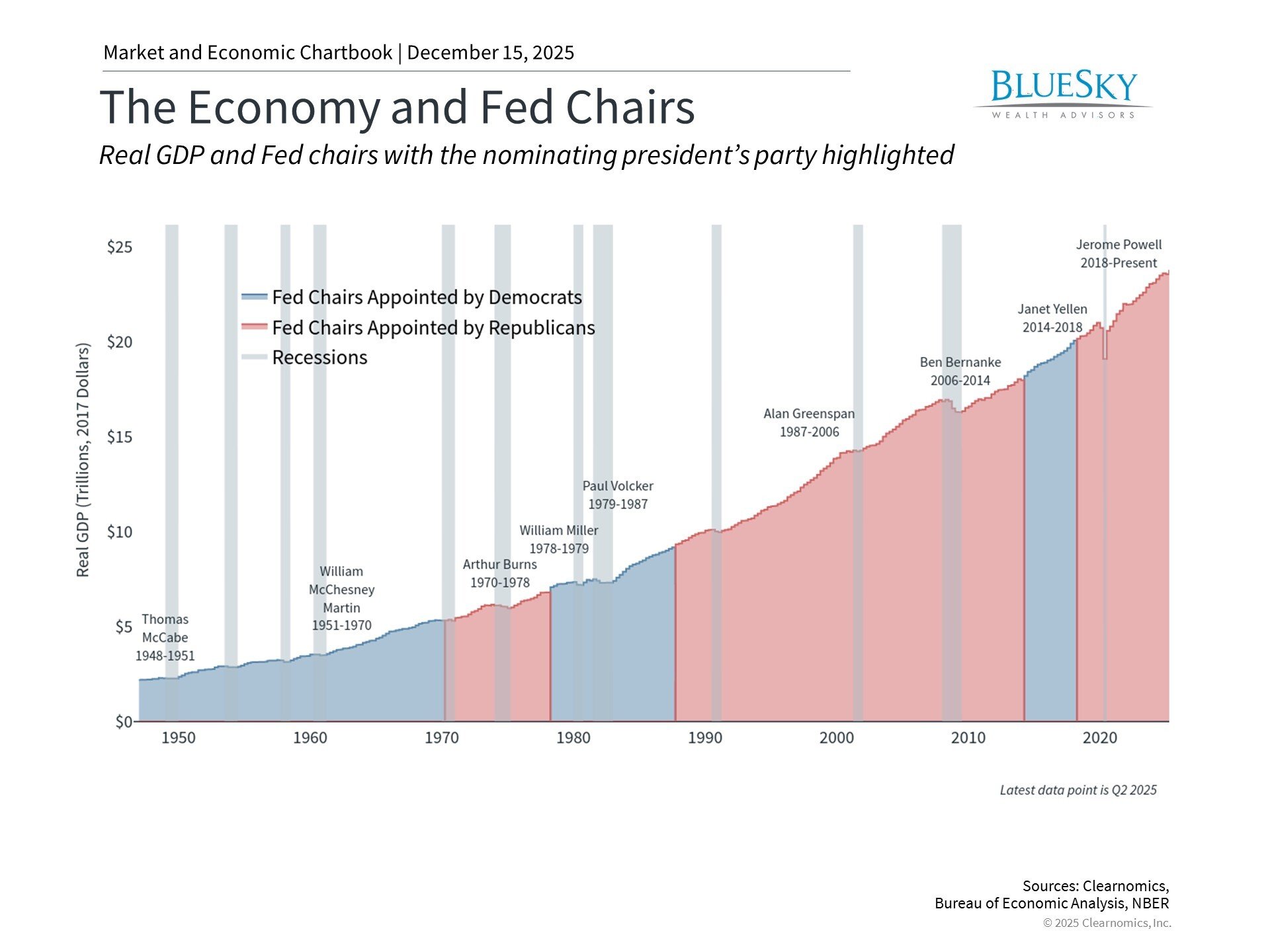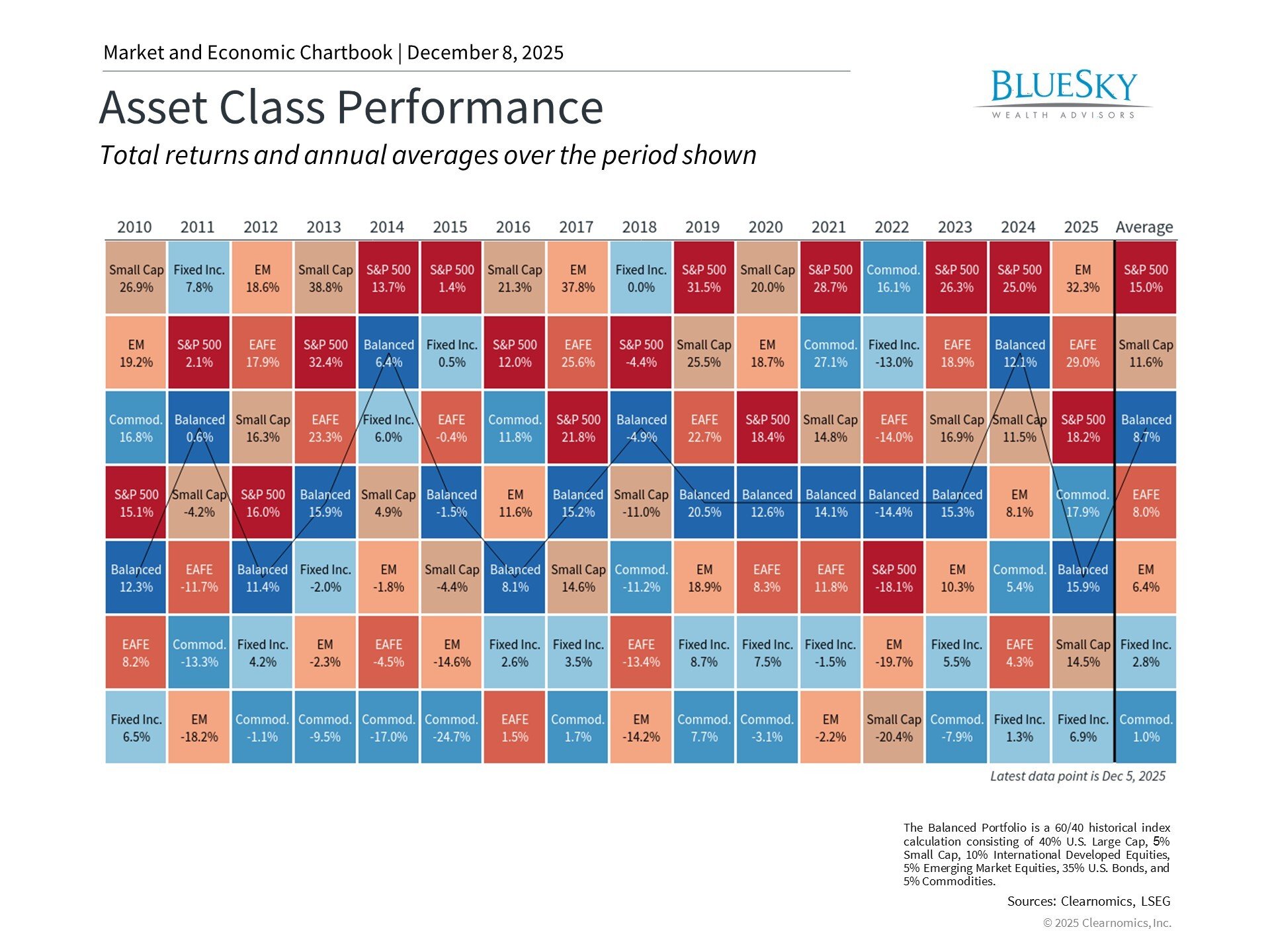
The Complete Guide to Financial Legacy Planning
The Complete Guide to Financial Legacy Planning

Legacy Planning: A process to prepare your wealth and assets to be passed on to the next generation or charities of your choice after you pass away. It’s not just about money, but also about the values and lessons you want to leave behind.
- Financial Strategy: Involves managing your assets in a way that maximizes your financial security now and ensures your legacy later.
- Asset Bequeathal: Deciding which assets go to whom and when, including both tangible and intangible assets.
Legacy planning is more than just a financial strategy; it’s a thoughtful process to secure the future of your financial assets and the values you hold dear. Whether you’re concerned about providing for your loved ones, managing taxes, or ensuring your business thrives beyond your years, legacy planning is essential. This holistic approach encompasses everything from wills and trusts to tax scenarios and asset management, ensuring that your wealth continues to support your family, causes, and objectives long after you’re gone.
Quick Take: Legacy planning is your roadmap for the future of your assets and values. It involves careful consideration of how you want your wealth managed and distributed, empowering you to leave a lasting impact on your loved ones and the causes close to your heart.

Understanding Legacy Planning
When we talk about legacy planning, we’re diving into ensuring your assets and wealth are passed on according to your wishes after you’re gone. This isn’t just about money; it’s about the values, instructions, and impact you want to leave behind. Let’s break it down into simpler parts: Estate Planning, Financial Advisors, Tax Scenarios, and Asset Management.
Estate Planning is like drawing a map for your wealth after you’re not here to guide it. It involves creating a will or setting up trusts to make sure your assets go exactly where you want them to – whether that’s to family, friends, or charities you care about. It’s about making sure there’s a plan so your loved ones aren’t left guessing.
Financial Advisors are your guides. They’re the ones who help you draw the map. They look at what you have, what you want to achieve, and the best ways to get there. They’re especially handy when things get complicated, like if you own a business or have investments that need careful handling after you’re gone.
Tax Scenarios can be tricky. When you pass on wealth, there can be taxes involved – sometimes a lot of them. Part of legacy planning is figuring out how to minimize these taxes so you can pass on as much of your wealth as possible. Financial advisors can help navigate these waters, looking at things like life insurance policies, retirement accounts, and how these might be taxed.
Asset Management isn’t just for while you’re alive. Part of your legacy plan will involve instructions on how to manage your assets after you’re gone. This might mean setting up a trust that pays out over time or instructions for a business you own. The goal is to make sure your assets keep providing for your loved ones or supporting the causes you care about, even when you’re not here to oversee them.
Legacy planning isn’t a “set it and forget it” deal. It’s something you’ll want to revisit as your life and the laws change. But with the right plan in place, you can rest easier knowing your legacy will be as you intended.
As we move into the next section, keep these components in mind. They’re the building blocks of a strong legacy plan, one that ensures your wealth does exactly what you want it to do, long after you’re gone.
In the next section, we’ll explore the key components of legacy planning in more detail, including the different types of wills and trusts, the role of charitable giving, and strategies for tax efficiency. Stay tuned to learn how to tailor these tools to your unique situation and goals.
Key Components of Legacy Planning
When talking about financial legacy planning, it’s like putting together a puzzle. Each piece is crucial for the complete picture. Let’s dive into some of these essential pieces: Wills, Trusts, Charitable Giving, and Tax Efficiency. Understanding these can help you leave a lasting impact that aligns with your values and goals.
Wills: Your First Step in Legacy Planning
Think of a will as your roadmap for the future. It tells everyone what should happen to your stuff when you’re not here to make those decisions. A will names an executor (a trusted person or entity) to carry out your wishes and distribute your assets. Without a will, the state decides how your assets are divided, which might not match your intentions.
Trusts: Beyond Basic Wills
Trusts are like wills but with more control and privacy. They let you set specific rules about who gets what and when. For example, you might want your kids to inherit, but not until they’re 30. Trusts can also help your family avoid probate, a public and sometimes lengthy court process. There are many types of trusts, each with its uses, like:
– By-pass trusts to help minimize estate taxes.
– Irrevocable Life Insurance Trusts (ILITs) to exclude life insurance from your taxable estate.
– Charitable trusts to support causes you care about while providing benefits to you or your heirs.
Charitable Giving: Reflecting Your Values
Charitable giving is a powerful way to ensure your legacy reflects your values. Whether you’re passionate about education, the environment, or health care, your financial legacy can continue to support these causes. Options like donating appreciated stock or using a charitable remainder trust can provide tax benefits for you and ensure significant support for your chosen charities.
Tax Efficiency: Keeping More in the Family
The goal here is to pass on as much of your wealth as possible without a big chunk going to taxes. Strategies include:
– Annual gift tax exclusions, allowing you to give a certain amount to as many people as you like each year without gift tax consequences.
– Leveraging trusts to minimize estate taxes and protect your assets from creditors.
– Charitable donations to reduce your taxable estate.
Each of these components requires careful thought and planning. It’s not just about the numbers; it’s about what you value and how you want to be remembered. By considering wills, trusts, charitable giving, and tax efficiency, you can create a financial legacy that truly represents your life and values.
This isn’t a one-size-fits-all process. Your family, your assets, and your dreams are unique. It’s wise to work with a financial advisor and an estate planning attorney who understand both the big picture and the fine details of financial legacy planning. Together, you can build a plan that fits you perfectly, ensuring your legacy lives on just as you intend.
It’s crucial to keep these components in mind and consider how they fit into your overall legacy plan. In the next section, we’ll delve deeper into the differences between legacy and estate planning, highlighting the importance of trusts, probate avoidance, and the emphasis on charitable giving within the context of creating a lasting legacy.
Building a Financial Legacy
Building a financial legacy is not just about leaving behind assets; it’s about creating opportunities for your heirs and contributing to their future success. This requires careful planning, regular reviews, and a thoughtful approach to customization. Let’s explore how to effectively build a financial legacy that aligns with your values and goals.
Opportunities
Creating a financial legacy provides a unique opportunity to shape the future. Whether it’s funding your grandchildren’s education, supporting a cause close to your heart, or ensuring your family’s financial security, your legacy can open doors for those you care about. Consider what matters most to you and how you can create opportunities that reflect these values.
Plan Review
Your financial legacy plan isn’t set in stone. Life changes, and so should your plan. Regularly reviewing your legacy strategy ensures it remains aligned with your current wishes and circumstances. This could mean updating your will, reevaluating your trusts, or adjusting your charitable giving strategy. A good rule of thumb is to review your plan every three to five years or after significant life events.
Non-Family Executor
Choosing a non-family member as an executor or trustee can sometimes be a wise decision. This can ensure impartiality, especially in complex family situations, and can provide professional management of your estate. It’s crucial to select someone who is not only trustworthy but also has the necessary skills and knowledge to manage your legacy according to your wishes.
Customization
Your legacy is as unique as you are. Customizing your legacy plan allows you to address the specific needs and circumstances of your heirs. This could involve setting up a trust with specific conditions, choosing a unique charitable giving strategy, or creating a family foundation. Customization ensures your legacy reflects your individual values and goals.
Heir Preparation
Preparing your heirs for their inheritance is an essential part of building a financial legacy. This involves more than just informing them of the assets they will receive; it’s about educating them on managing wealth responsibly. Consider involving your heirs in family financial discussions, providing them with financial education, and introducing them to your financial advisor. This preparation can help ensure your legacy is preserved and grown by future generations.
It’s important to remember that building a financial legacy is a journey, not a destination. By taking advantage of opportunities, regularly reviewing your plan, considering a non-family executor, customizing your approach, and preparing your heirs, you can create a lasting legacy that reflects your values and supports your loved ones for generations to come.
In the next section, we’ll address some frequently asked questions about financial legacy planning, providing you with further insights into creating and managing your legacy.
Legacy vs. Estate Planning
When we talk about leaving something behind for our loved ones, two terms often come up: legacy planning and estate planning. You might think they’re just fancy words for the same thing, but there are some key differences worth noting. Let’s break it down in simple terms.
Synonyms? Sort Of.
At first glance, legacy and estate planning might seem like two ways to say the same thing. Both involve making plans for what happens to your stuff when you’re not around anymore. But the difference is in the details and the focus of each approach.
Wealth Transfer
Both legacy and estate planning deal with transferring your wealth to the next generation or to causes you care about. But estate planning is often more about the nuts and bolts — the legal documents, the wills, the trusts. It’s making sure your assets go where you want them to go with as little hassle as possible.
Trusts and Probate Avoidance
This is where things start to overlap but also diverge. Both types of planning use trusts to avoid probate, the often lengthy and costly court process of distributing your assets. Trusts can help your family skip that headache and might even keep your affairs private.
Charitable Emphasis
Here’s where legacy planning starts to shine. It’s not just about money and property; it’s about what you stand for. Legacy planning often includes a strong emphasis on charitable giving. It’s about supporting the causes and organizations that were important to you, making sure they continue to thrive even when you’re not here to champion them yourself.
The Big Picture
Think of estate planning as the groundwork, the foundation. It’s making sure your assets are handled efficiently and according to your wishes. Legacy planning, on the other hand, is building the house on that foundation. It’s about the impact you want to leave on the world and the values you want to pass down to your children and grandchildren.
While estate planning focuses on the what and the how of passing on your assets, legacy planning adds another layer — the why. It’s about creating a story for your wealth, one that reflects your values, supports your loved ones, and contributes to causes close to your heart.
As we move into the next section, we’ll tackle some frequently asked questions about financial legacy planning. This will give you a clearer picture of how to approach creating and managing your legacy, ensuring that it reflects your values and achieves your goals.
Implementing Your Legacy Plan
Moving forward, let’s dive into the practical steps of implementing your financial legacy plan. This journey is about more than just numbers on a page; it’s about bringing your vision for the future into reality.
Asset Listing
First things first, you need to know what you have. This means creating a comprehensive list of your assets. Think of it as taking inventory in a store, but instead, the store is your life’s work. This list should include:
- Real Estate: Any property you own.
- Investments: Stocks, bonds, mutual funds, etc.
- Personal Property: Jewelry, art, vehicles, and other valuable items.
- Financial Accounts: Checking, savings, retirement accounts.
- Life Insurance Policies: Details and beneficiaries.
- Digital Assets: Online accounts, digital currencies, etc.
Beneficiary Designation
Next up, it’s time to decide who gets what. This isn’t just about listing names next to assets; it’s about understanding the people you’re choosing and what these assets mean to them. It’s also crucial to regularly update these designations to reflect any changes in your life or relationships.
Charitable Intentions
For many, a significant part of legacy planning is giving back. Whether it’s a cause you’ve been passionate about for years or a charity that aligns with your values, deciding how much to give and through what means (like a Donor Advised Fund or a Charitable Trust) is a key step. This is where your legacy touches the wider world and makes a difference.
Advance Directives
These are your instructions for your care if you can’t make decisions yourself. It includes a living will and health care proxy. It’s a tough thing to think about, but it’s essential for ensuring your wishes are respected and relieving your loved ones from making these difficult decisions under stress.
Professional Help
Lastly, don’t go at it alone. Legacy planning can get complex, and the stakes are high. This is where professionals come in:
- Financial Advisors: They can help you understand the financial implications of your decisions and how to structure your plan for tax efficiency and long-term growth.
- Estate Planning Attorneys: They’re crucial for drafting the legal documents that make your plan official, like wills and trusts.
- Tax Professionals: They can provide guidance on how to minimize estate taxes and ensure your beneficiaries get the most from their inheritance.
Implementing your legacy plan is a process that involves careful consideration, detailed planning, and professional guidance. By taking these steps, you’re not just planning for the future; you’re actively shaping it to reflect your values, care for your loved ones, and make a positive impact on the world.
In the next section, we’ll tackle some frequently asked questions about financial legacy planning. This will help clarify any uncertainties and equip you with the knowledge to confidently move forward with your legacy planning journey.
Frequently Asked Questions about Financial Legacy Planning
What is an example of legacy planning?
Imagine someone named Alex. Alex has a small business, a home, and a passion for environmental conservation. Alex meets with a financial advisor to discuss how to leave these assets and values to their children and a favorite charity. Together, they set up a will specifying who gets what, establish a trust to manage the business, and arrange donations to the environmental charity. This is a classic example of legacy planning – organizing your assets and values to ensure they’re passed on as you wish.
How do you build a financial legacy?
Building a financial legacy isn’t just for the wealthy; it’s for anyone who wants to leave something behind. Here’s a simple plan:
- Start Early: The sooner you start, the more you can build and plan.
- Get Professional Help: A financial advisor can guide you through complex decisions.
- Save and Invest: Regularly set aside money into savings and investments that can grow over time.
- Plan for Taxes: Be aware of how taxes can impact your legacy and plan accordingly.
- Document Your Wishes: Use wills and trusts to specify how your assets should be distributed.
- Communicate: Talk to your loved ones about your wishes and any responsibilities they may have.
What is the difference between legacy and estate planning?
While often used interchangeably, there’s a subtle difference:
-
Estate Planning focuses on the practical aspects of organizing your assets after death. It includes wills, trusts, and health care directives to ensure your estate is handled as you wish.
-
Legacy Planning goes a step further. It’s not just about your assets but also about the values, lessons, and memories you want to leave behind. It involves thinking about how you want to be remembered and the impact you want to have on your family, community, or a cause you care about.
Both are important, but legacy planning adds a personal touch to the more technical aspects of estate planning.
As we navigate through the complexities of financial legacy planning, it’s about more than just numbers and legal documents. It’s an opportunity to reflect your values, care for your loved ones, and make a positive impact on the world. With careful planning and the right guidance, you can ensure that your legacy is preserved and cherished by future generations.
In the next section, we’ll introduce you to BlueSky Wealth Advisors, who can help make your legacy planning journey both meaningful and manageable.
Conclusion
As we’ve navigated the intricate journey of financial legacy planning, it’s become clear that the path to securing your legacy is both a personal and complex endeavor. It’s about more than just the numbers in your bank account; it’s about the values, memories, and impact you wish to leave behind. This is where BlueSky Wealth Advisors shines.
At BlueSky, we understand that your legacy is the culmination of a lifetime’s work, dreams, and aspirations. We’re not just financial advisors; we’re stewards of your legacy, committed to helping you craft a plan that reflects your values, supports your loved ones, and makes a lasting impact on the causes close to your heart.
Why Choose BlueSky Wealth Advisors?
- Personalized Planning: Every individual has unique dreams for their legacy. We offer tailored advice that aligns with your specific goals and values.
- Expertise: With years of experience in estate planning and a deep understanding of tax scenarios, our team is equipped to navigate the complexities of legacy planning.
- Collaboration: We believe in working hand-in-hand with you, ensuring that your plan evolves with your life’s changes and continues to reflect your wishes.
- Education: Empowering you with knowledge is at the heart of what we do. We ensure you’re informed about every aspect of your plan, so you feel confident in the decisions you make.
Financial legacy planning is a proactive journey, not a reactive task. It’s about creating a vision for the future and taking deliberate steps to realize that vision. Whether you’re looking to safeguard your family’s financial security, support charitable causes, or ensure the longevity of a family business, BlueSky Wealth Advisors is here to guide you.
We invite you to explore our estate planning services and start a conversation about how we can help you build a legacy that endures. Let’s create a plan that not only meets your financial goals but also reflects the mark you wish to leave on the world.
In closing, your legacy is a gift to the future. With the right planning and support, you can ensure that this gift is meaningful, impactful, and enduring. At BlueSky Wealth Advisors, we’re honored to be part of your journey, helping you to secure a legacy that is cherished for generations to come.





